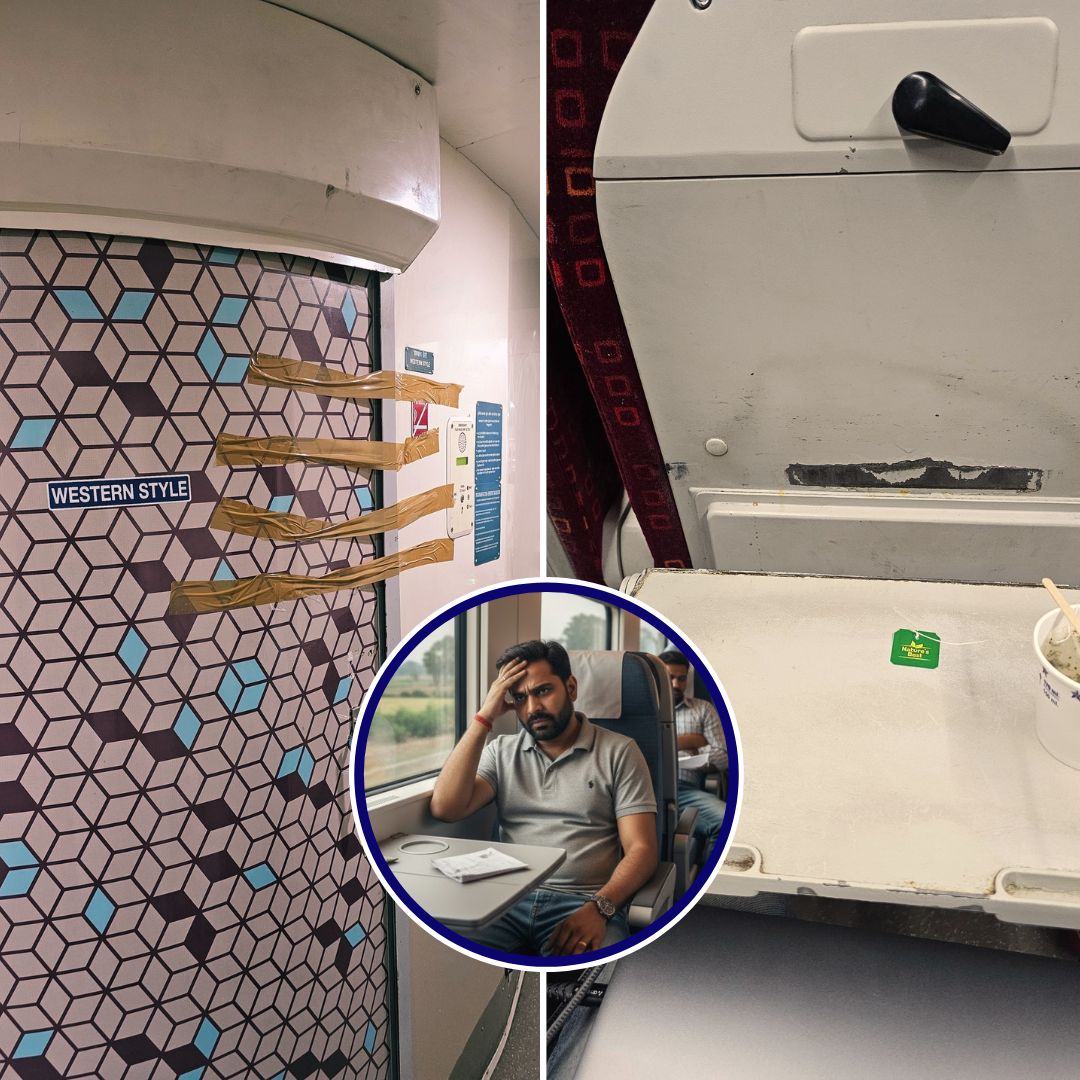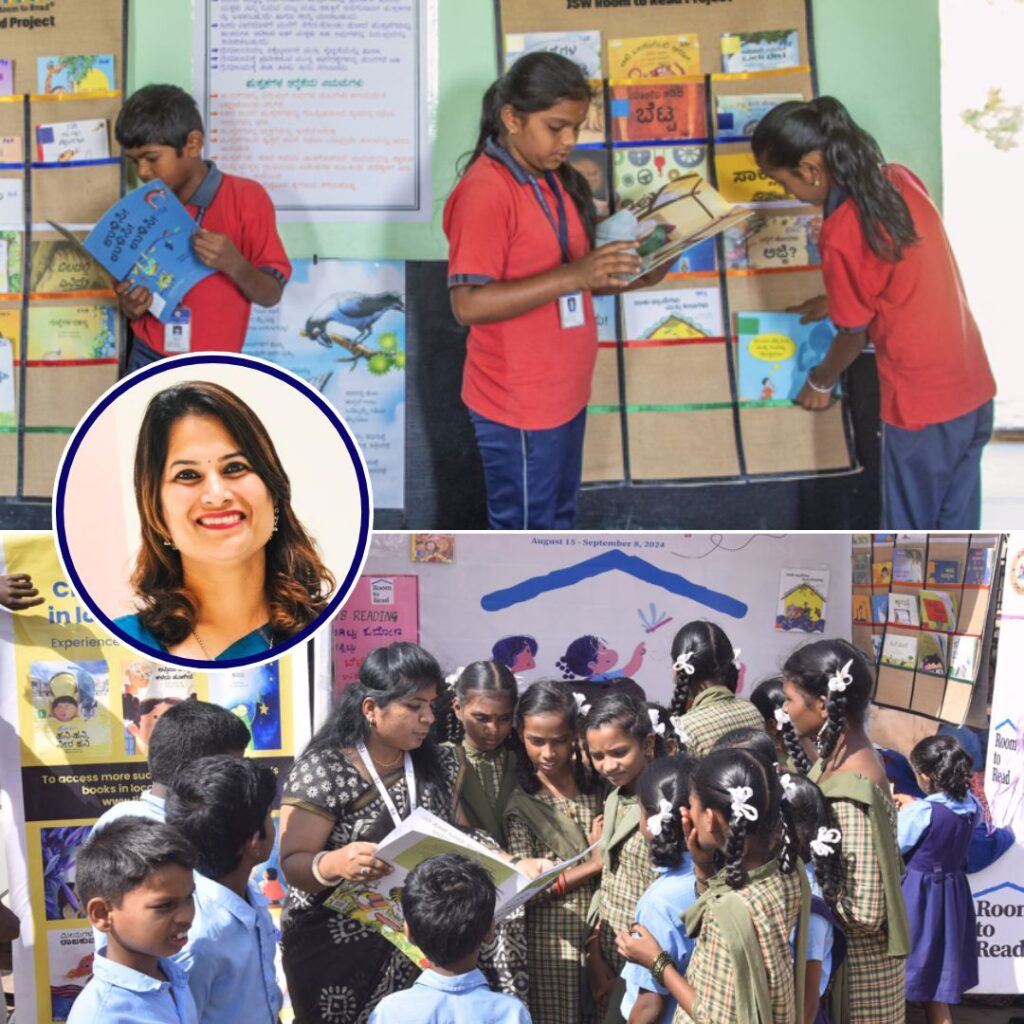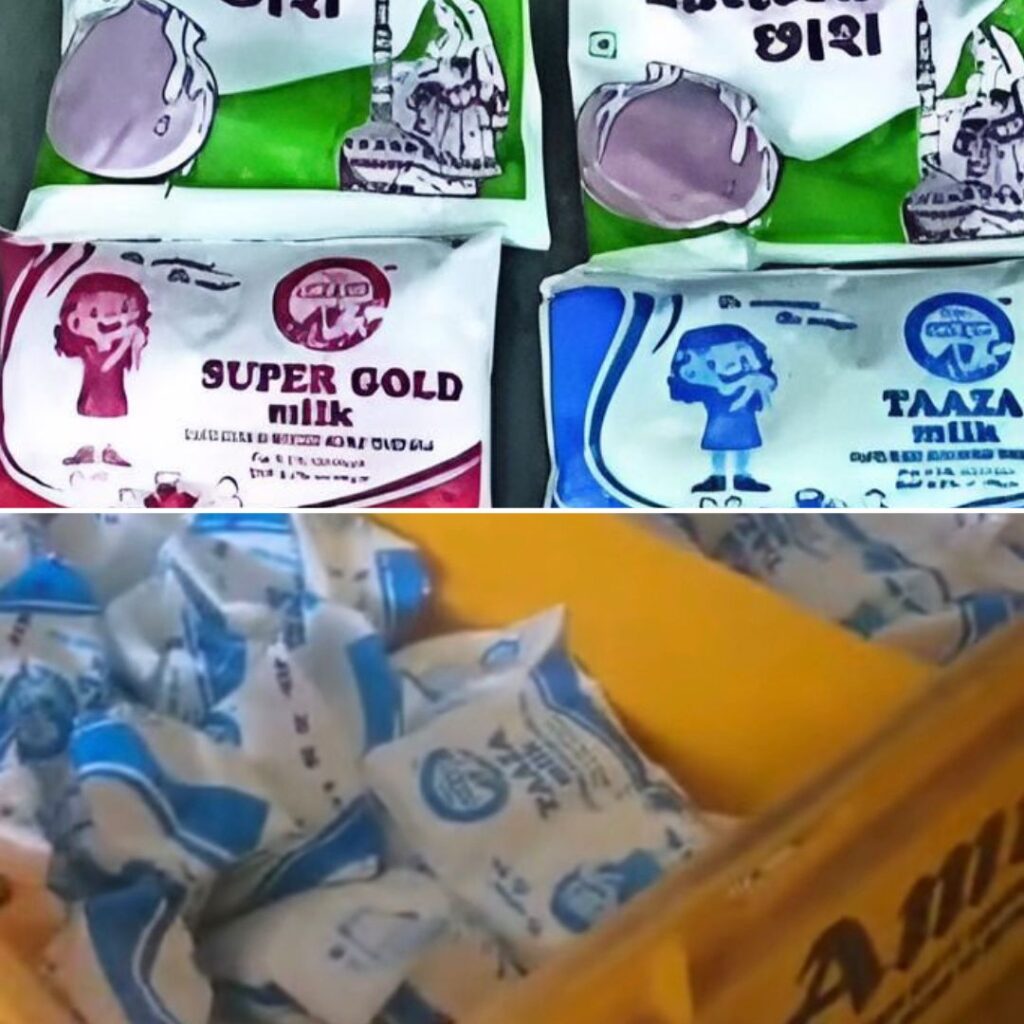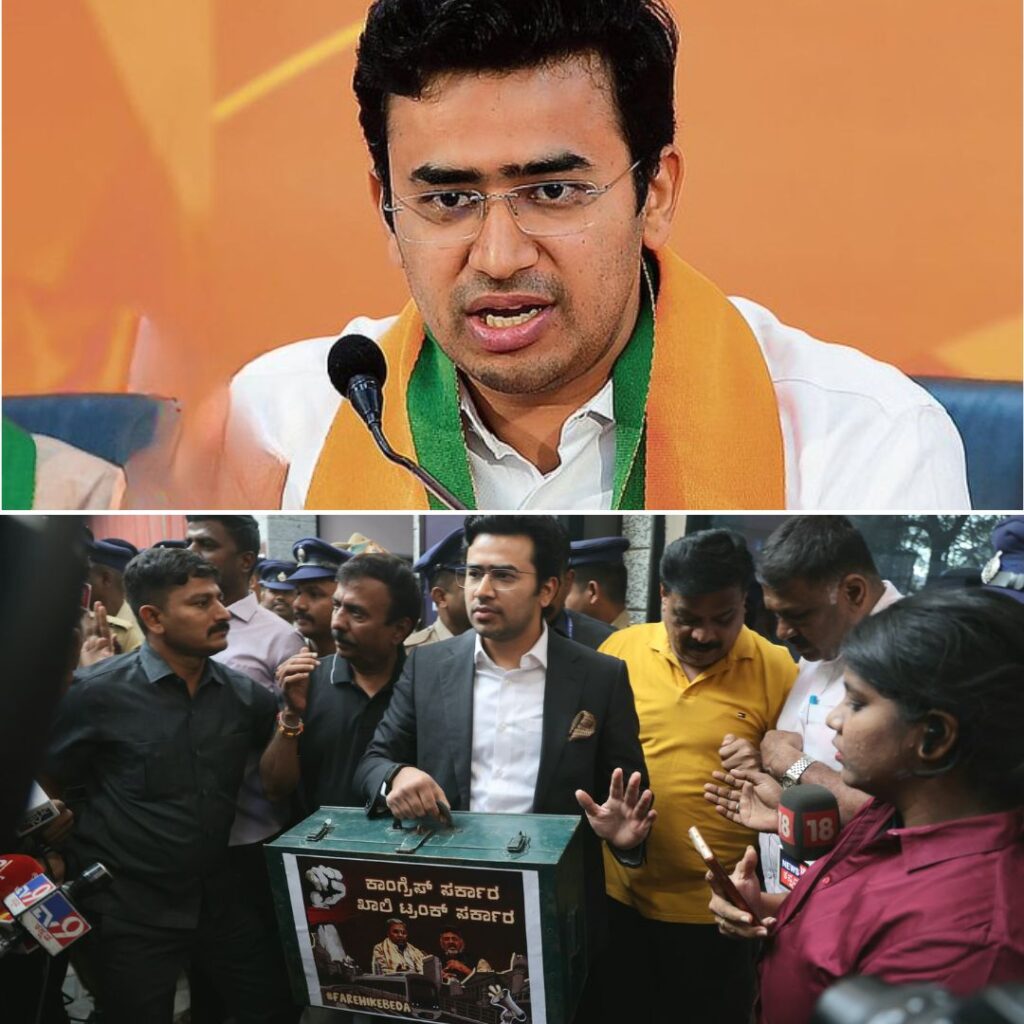A Vande Bharat passenger recently exposed substandard hygiene aboard the premium train, highlighting filthy seatbacks, dirty tables, and an inaccessible toilet. The passenger’s complaint went viral on social media, leading Indian Railways to confirm that thorough interior cleaning and repairs are ongoing.
Officials acknowledged the issue as regrettable and assured enhanced maintenance measures inspired by international models to sustain cleanliness and accessibility, affirming their commitment to passenger comfort and safety.

Passenger Experience: A Disappointing Reality
The passenger’s firsthand account paints a troubling picture of the Vande Bharat Express experience. Despite expectations for a modern, premium service, they encountered unclean seatbacks smeared with grime, tables coated in sticky residue, and, notably, an accessible toilet that was locked and unusable for those with mobility challenges.
This last point underscores significant accessibility concerns that contradict the train’s advertised inclusive facilities. Public reaction to the post has ranged from frustration to empathy, with many expressing disappointment over the neglected hygiene standards on a flagship train.
Indian Railways promptly responded to the complaint and confirming that maintenance crews have been deployed for deep cleaning and mechanical repairs. A senior official from Northern Railways explained that the cleaning process follows a strict 14-minute protocol drawn from Japan’s bullet train model, enabling swift and efficient turnaround times. This method coordinates teams to clean coaches intensely between trips, aiming to maintain high hygiene levels even with tight schedules. Nevertheless, the recent passenger’s experience suggests gaps in execution that need urgent attention.

Historical Context and Maintenance Challenges
The hygiene issue on the Vande Bharat is not isolated. Earlier this year, the Railways faced similar complaints, including reports of insects found in meals served onboard and inconsistent sanitation between journeys. These incidents have spotlighted operational challenges in maintaining cleanliness amidst high-frequency services and limited downtime. Railway authorities have cited these constraints but remain committed to upgrading cleaning protocols and infrastructure.
Accessibility has also been a recurring concern. While the Vande Bharat aims to offer accessible features such as dedicated toilets and seating for persons with disabilities, implementation has lagged behind aspirations. Reports of locked or broken accessible toilets exacerbate frustrations and reveal a disconnect between design and passenger experience. Indian Railways is addressing these issues by retrofitting stations and trains with improved accessibility features, investing in staff training, and using technology such as drone-assisted cleaning and virtual reality for maintenance simulations to enhance service quality comprehensively.
The Logical Indian’s Perspective
Cleanliness and accessibility in public transport are non-negotiable rights tied directly to human dignity and inclusiveness. The incident on the Vande Bharat Express highlights a systemic need for more rigorous hygiene management and accountability within Indian Railways’ fast-evolving services. While technological innovations and rapid cleaning protocols are commendable, their consistent application is critical.
The Logical Indian advocates for transparent, passenger-centred approaches that prioritise not just speed and efficiency but also comfort, safety, and equal access. Maintaining premium services like the Vande Bharat goes beyond aesthetics, it requires embedding empathy and responsiveness in operational practices.
Good to see some clarity and honest responses from the responsible parties, really does instill some more trust in the org. Please make sure these things don't happen again, as these are fairly basic checks and routines which shouldn't be missed. https://t.co/nwYjBNRe1o
— Pranav Balakrishnan (@PranavBalakrish) October 8, 2025












